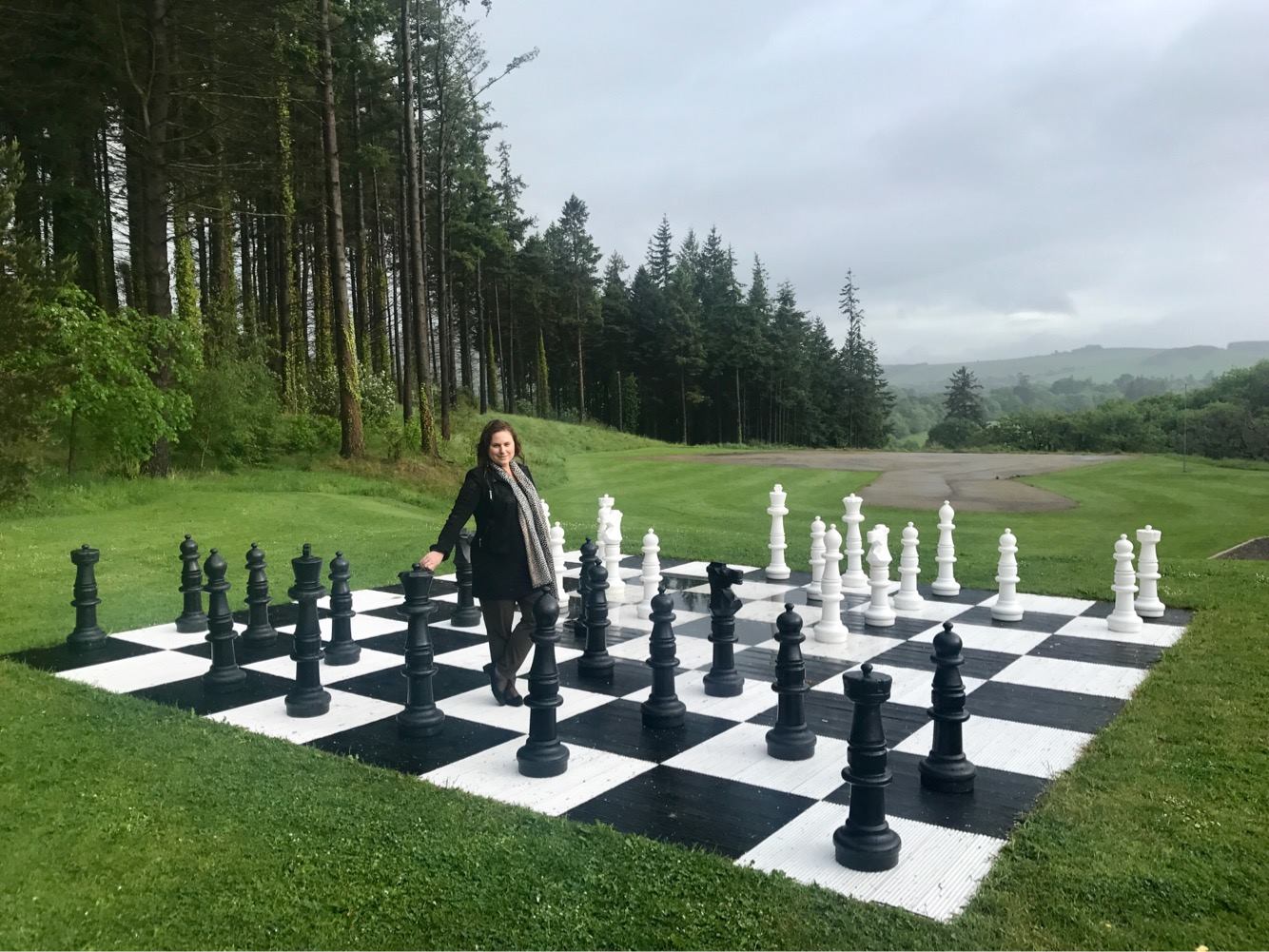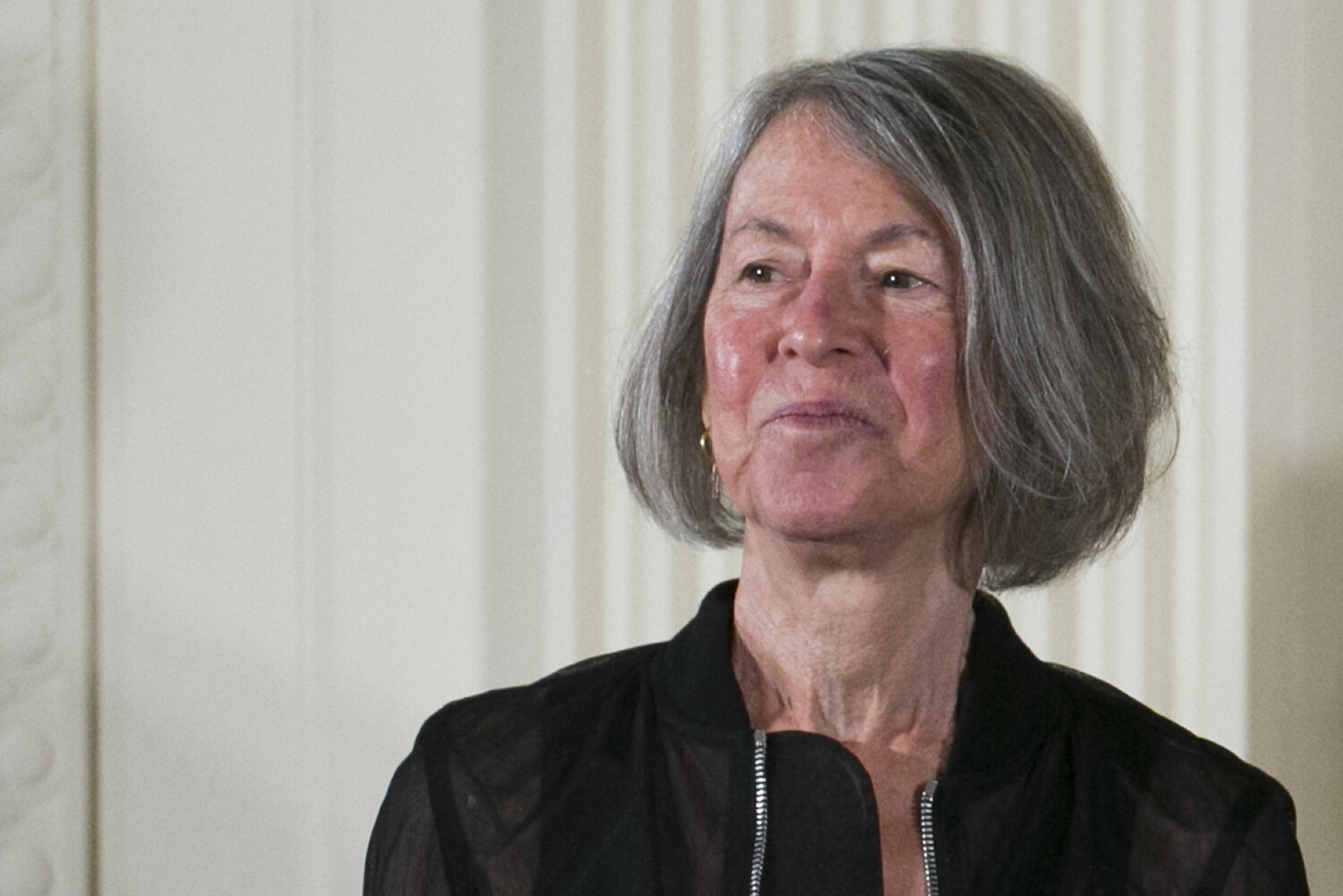The real Queen’s Gambit: Hungarian chess master sisters to get their very own movie

The greatest female chess players of history, Judit Polgár and Zsuzsa Polgár state without a doubt: reality can be much harsher than pictured by Netlix’s new mini-series Queen’s Gambit. They have also experienced humiliation and insults several times throughout their careers – 7 episodes could easily be filled with all the drama the world of chess contains for a woman. The Polgár sisters told Forbes.hu that very soon they as well could get their very own movies.
“In real life, men are not this cool, they do not tolerate it that much when a woman beats them.” – said Judit Polgár who is considered the best female player of chess history. She was referring to the final scene of the Netflix mini-series where – SPOILER – the main character, Beth beats the world champion and then gets hugged by him.
The sisters were reached by Forbes.hu through a video call since they all live in different corners of the world. Zsuzsa in the United States, Judit in Budapest and their middle sister Zsófi in Israel.
“The first grandmaster I have ever beaten in my life did not quite take it that easily, so to say. After getting up from the table, I saw him beating his head against the elevator wall. What do you think, how many opponents had surrendered? I’ll help, none.”
– added Judit.
The scene mentioned above happened in 2002 in Moscow when the then 24-year-old Judit beat Garri Kasparov, the then number one player of the world. With this victory, she wrote history: up until that day no woman had ever won against the best before. Judit called this win the most significant experience of her life. Most probably the same can be said about Kasparov as well who jumped up and ran out of the room, leaving everyone, including reporters behind. He considered this unexpected defeat a humiliation. What goes around comes around as they say, as a couple of years before they already faced each other and before that match, Kasparov called Judit a circus puppet by telling her that “it would be better if women concentrated on having babies instead.” Later he corrected his comment in his book saying that “the Polgár sisters showed that women’s capabilities have no boundaries. Male players had a hard time accepting this until this ponytailed little girl completely humiliated them.”
“As a joke, I always say that I have never played against a healthy man before. When I beat them, it turned out that they had all slept badly the night before or they had a headache.”
– said Zsuzsa. She also added that she wishes she had gotten the same reaction as Beth, but the reality is the complete opposite. When she was a little girl, she got many comments, like she should rather play with dolls, like girls can not play chess and that women’s brains are smaller so they can not concentrate as long as men.
The sisters were home-schooled, they played chess 6-8 hours a day.
Their father decided he was going to prove that with the proper education, anyone can become a genius. It seems like his experiment worked perfectly; the three girls are considered among the most prominent players of chess history.
Judit, the youngest of the sisters, was only 13 years old when she stepped on the list of the 100 best chess players of the world. Almost all grandmasters of chess are men, up until today Judit is the only female chess player in the top 10.
She says that thanks to her parents and her own personality, the negative comments of men motivate her even more instead of discouraging. She believes that men with mean and negative comments were educated and brought up this way and that all this can be changed. She actively works to diminish differences between men and women, not only in the world of chess. She is, for instance, an ambassador for the UN Women’s Generation Equality campaign.
Judit, together with her husband, raises their two children differently from their parents’ philosophy as for her, it is more important that they speak languages, see the world and learn acceptance and tolerance.
Zsuzsa works as a chess coach, too, and one of her sons became a chess master as well. She added that negotiations are already going on about an American movie specifically about her.
Though Judit could not say more, her story could be turned into a documentary in the future.
Get ready future chess masters; inspiration is on the way.
Judit Polgár on CNN:
Source: Forbes.hu




Even by the low standards of the DNH, this is a desperate attempt to something ‘Hungarian’ into a narrative. I congratulate these Hungarian women for their chess achievements, but pouncing upon that and trying to link that with a Netflix fictional story is laughable. Only the insecure feel the need to boast. Hungarians are very boastful.
Thetruthhurts-geez too bad your feelings got hurt. You are reading a Hungarian website, like what dumbass wouldn’t understand that an article would be related to a Hungarian. Are you so blind that you can not see the similarities between the character and Judit Polgar? Crawl back under your rock.
@Edward: While you may not care what I think, I can assure you that I care even less about what you think. The difference is that I do not resort to insults.